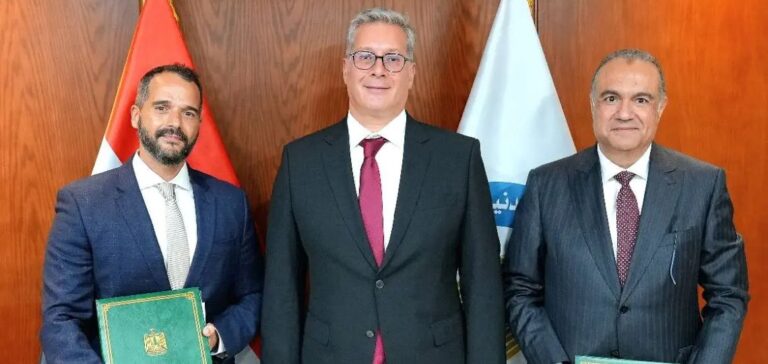Egypt’s Ministry of Petroleum and Mineral Resources has signed a memorandum of understanding with ExxonMobil Corporation to assess the gas potential of the offshore Cairo and Masry blocks, located in the eastern Mediterranean. The initiative aims to attract new investment in a sector facing pressure following a significant drop in national production.
The agreement, which remains at a preliminary stage, sets the framework for technical and strategic cooperation between the Egyptian state and the American multinational to analyse available resources in these largely unexplored areas. The ministry noted that data from a three-dimensional seismic survey covering more than 11,000 square kilometres is already available, providing an initial geophysical evaluation of the targeted blocks.
Towards a new exploration phase
If the seismic results indicate commercially viable reserves, ExxonMobil could proceed with an integrated development plan for the Cairo and Masry blocks. This phase may lead to medium-term production, aiming to stabilise or increase Egypt’s domestic natural gas supply.
In 2023, Egypt produced 59.3 billion cubic metres of natural gas, down 11.5% compared to the previous year, according to government data. This figure marks the country’s lowest production level since 2017. The offshore Zohr field, one of Egypt’s key gas reserves, has been in decline for several quarters due to technical issues, particularly water infiltration.
Changing contractual framework
The Ministry of Petroleum stated that this partnership is part of a broader programme to modernise contractual mechanisms with foreign companies. The goal is to enhance the country’s attractiveness by offering greater regulatory stability and long-term visibility.
At the same time, Egypt has launched a new onshore drilling campaign in the Gulf of Gharib, located in the Eastern Desert. According to the ministry’s projections, 75 new wells are expected to be drilled within a year, with anticipated output of 7,500 barrels per day. This project is being led by the state-owned Egyptian General Petroleum Corporation (EGPC).
The memorandum with ExxonMobil comes as Egypt seeks to secure its energy supply while maintaining its position as a regional producer and exporter of liquefied natural gas (LNG).






















